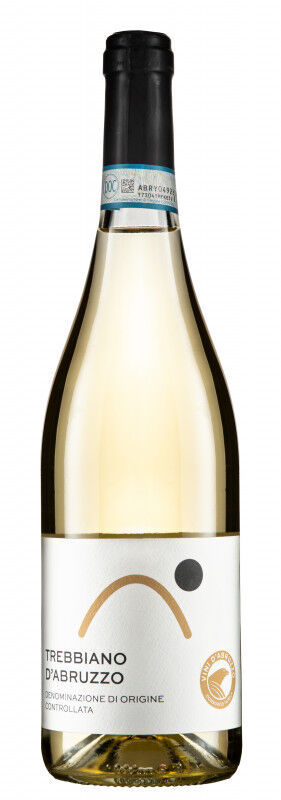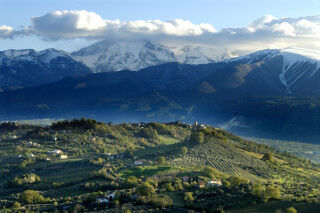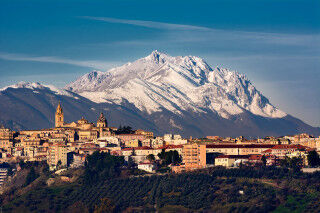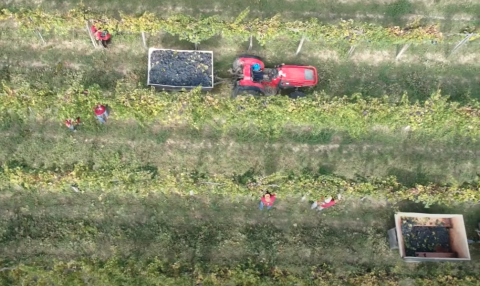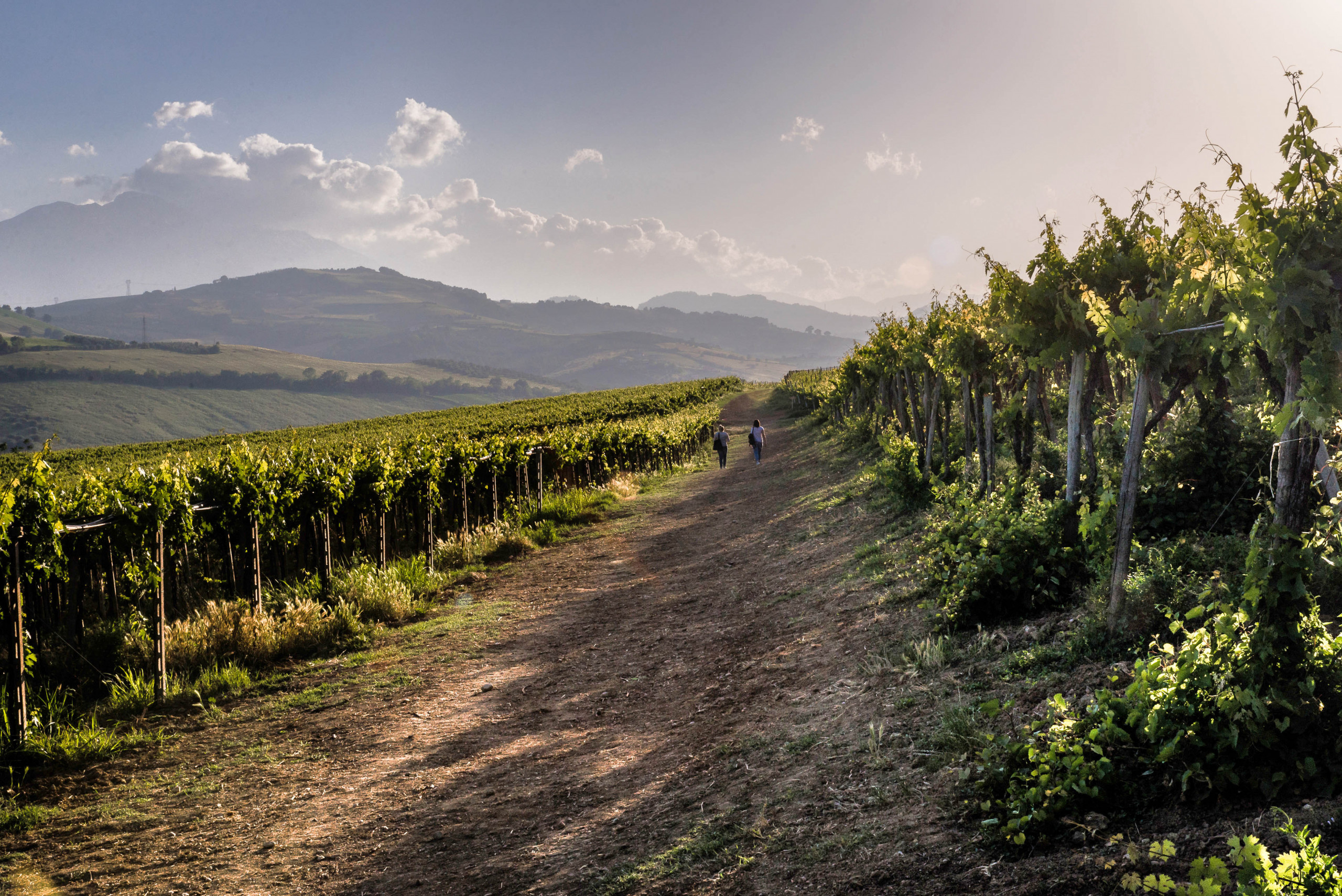
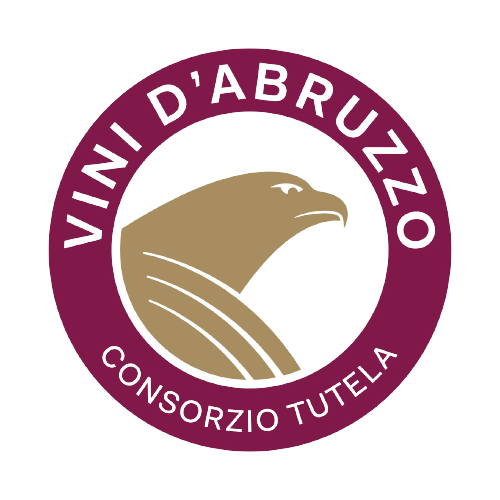
-

Founded in 2002
-
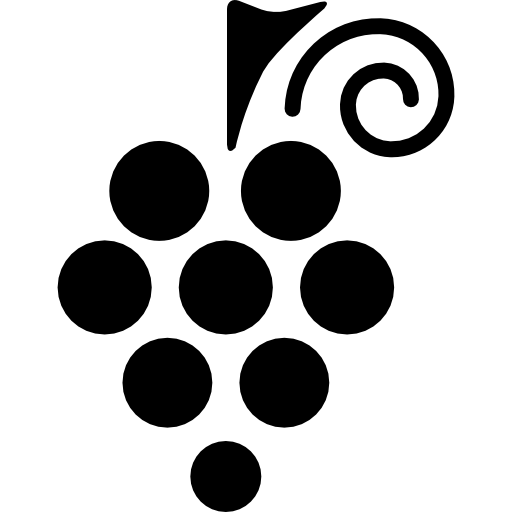
Vineyard hectares 34000
-

Production 150 mln
-

Consortium members circa 200

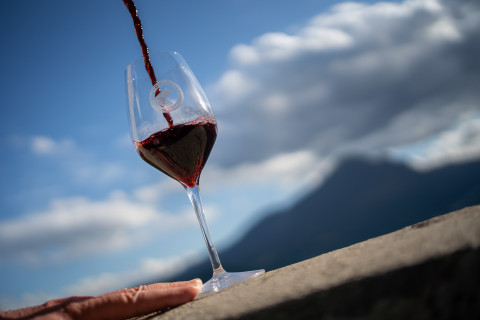
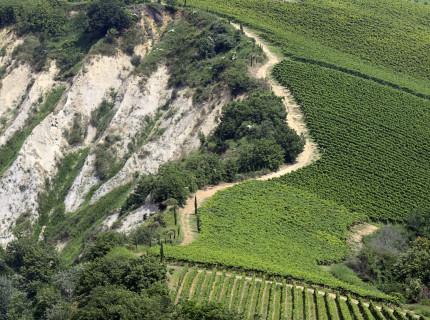

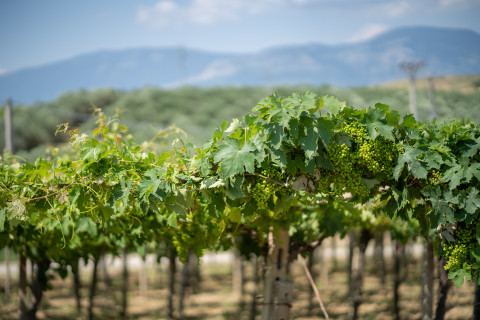
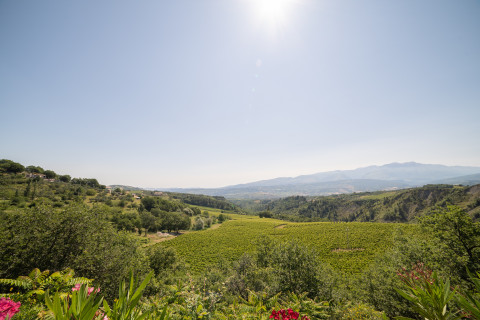
Consorzio di Tutela dei Vini d'Abruzzo - an Overview
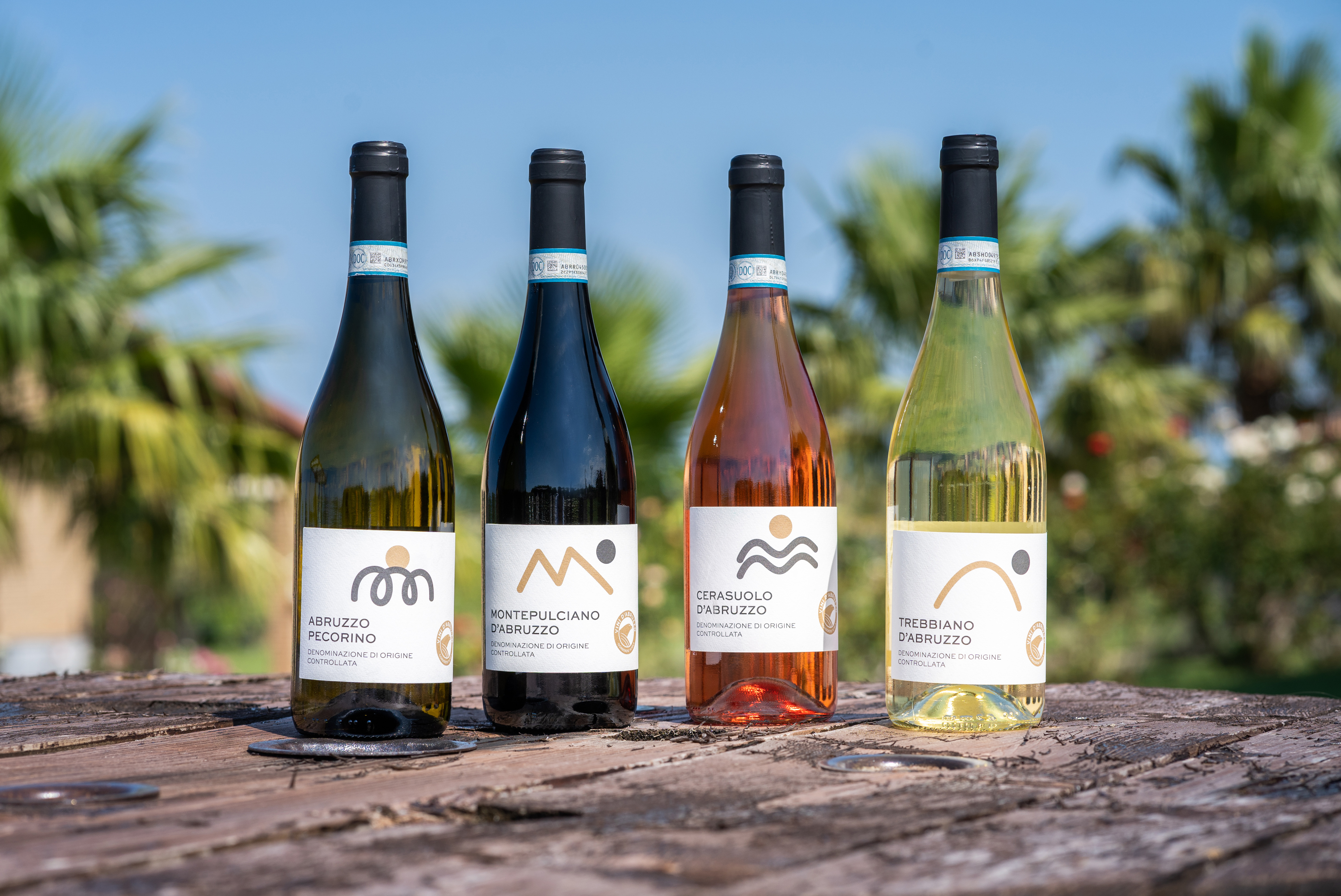
The Consorzio Tutela Vini d’Abruzzo, created in 2003 thanks to the Ministry of Agricultural and Forestry Policies (MiPAF) decree allowing protective functions for associations, is an non-profit organization whose main objective is to protect and valorize the labels and denominations within this association.
The Consorzio is responsible for underwriting the regulations all denominations follow, creating proposals to revise and renew regulations when necessary, and coordinates the workflow of individual labels in order to valorize the individual denominations.
The Consorzio regulates all of the wines produced under the Designation of Origin (DOCG)
title: Montepulciano d’Abruzzo DOC, Trebbiano d’Abruzzo DOC, Cerasuolo d'Abruzzo DOC, Abruzzo DOC, Villamagna DOC. The Consorzio also is responsible for the following Typical Geographical Indication (IGT) wines: Colline Pescaresi IGT, Colline Teatine IGT, Colline Frentane IGT, Colli del Sangro IGT, Del Vastese o Histonium IGT, Terre di Chieti IGT, Terre Aquilane o Terre de L’Aquila IGT.
The Exceptional Territory of the Consortium of Abruzzo Wines
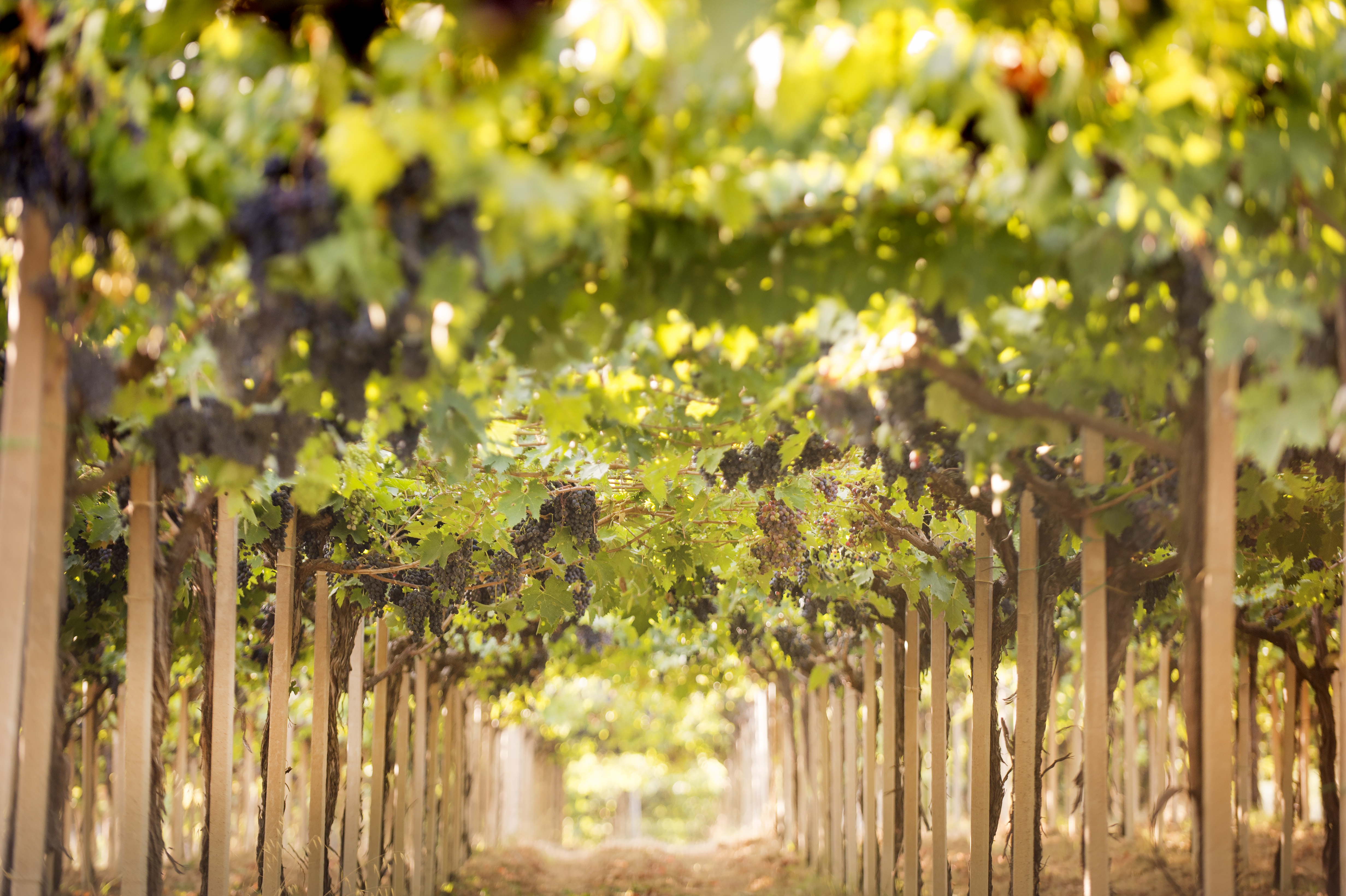
The Abruzzo lands are naturally inclined towards viticulture, and is located between the Adriatic Sea and the massive rock formations of the Gran Sasso and Massif ranges. Within these mountains, there are multiple nature reserves and three National Parks.
The Abruzzo region can be divided into two separate zones: the internal, mountainous area that constitutes more than 65% of the entire region’s surface, and the coastal area with its ample, hilly landscapes.
The local climate in Abruzzo is fairly stable thoughout the region, with Continental conditions towards the inner areas and a warmer pattern in the areas facing the Adriatic.
Overall, the Abruzzo region has just the right amount of rainfall and humidity, with just enough sunshine and heat to maintain this stable, mild climate.
The imposing mountains of the Gran Sasso and Majella formations are just far enough from the coast (between 30 and 40 minutes by car) to generate a strong temperature range between day and night temperatures. This range, when combined with excellent natural ventiliation, guarantee the nearby vines an ideal microclimate where extraordinarily high-quality grapes are grown.
The Consortium and its Consortium members
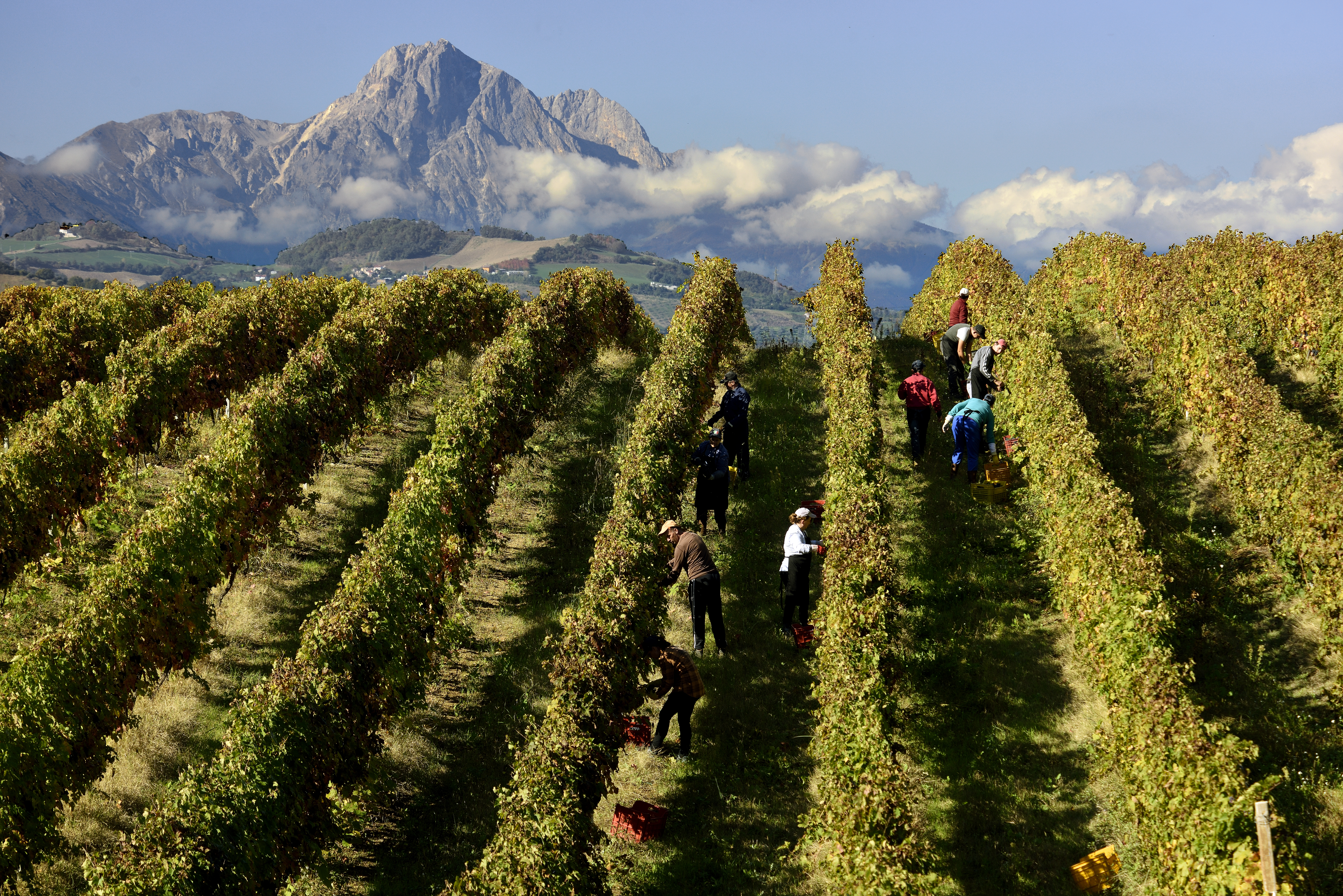
Enologically speaking, Abruzzo has a solid, proven track-record of producing high-quality, marketable wines that every year fare very well in international and national tasting events and competitions. The intense interest by local and international wine critics also backs up the notion of Abruzzo as a success-story in the world of Italian wines.
The white autoctonous grape Trebbiano d’Abruzzo also has its own DOC denomination, another success story in Abruzzo’s intriguing wine market. This grape produces a lovely, versatile white wine brimming with energy and tremendous potential. It’s such a flexible wine that it can be enjoyed in both young and aged versions, each distinguished by particular characteristics that can be enjoyed at different stages of its aging.
White wines are also apprized as still wines, like the attractive Pecorino wine, uniquely capable of expressing a bouquet bursting with floral aromas, or the Passerina, Cococciola and Montonico wines.
Another very interesting wine type strongly represented in the Abruzzo region are Rosato wines, these special breeds that manage to tie together freshness and structure effortlessly, like the Cerasuolo d’Abruzzo, a denomation devoted exclusively to Rosato wines since 2010.
No matter what the grape, winemakers in Abruzzo are particularly oriented and engaged in overseas markets and finding new Montepulciano d’Abruzzo wine lovers.

Our products
Montepulciano d'Abruzzo Wines
0.75lMontpulciano d'Abruzzo Wines - one of the most prestigious red grape vines.
View productTrebbiano d'Abruzzo Wines
0.75lTrebbiano d'Abruzzo: an autoctonous white wine with great versatility and potential.
View product
